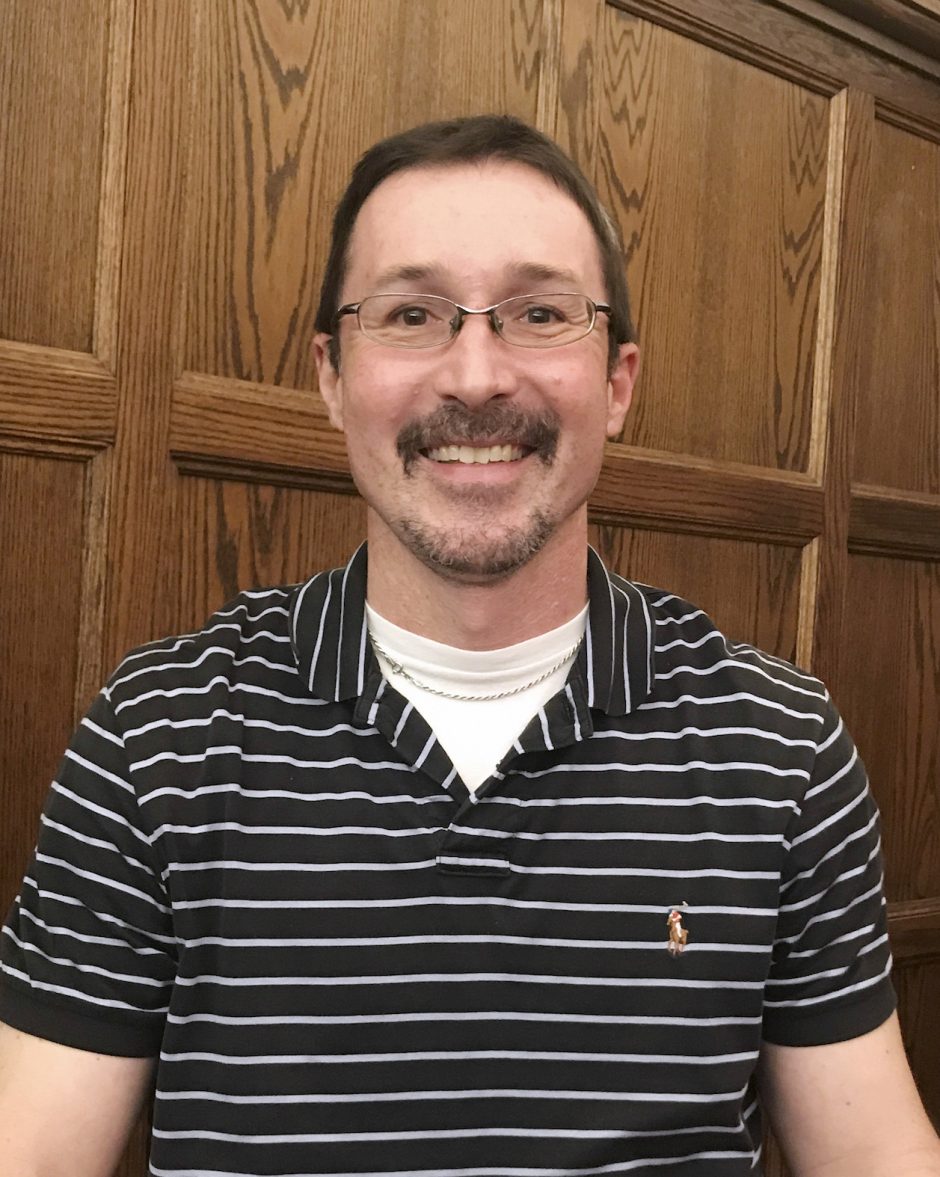Filling in the Blanks
Imagine a puzzle that appears, at first glance, to be complete but actually has some missing pieces, and it’s not clear what those missing pieces are. Such is the challenge in understanding human environments — in their complexity, the empty spaces can be hard to fill, and even themselves might be unknown — the problem of identifiability. That’s where biostatistician Michael Daniels, professor and chair of the Department of Statistics, comes in. “Most data are incomplete, and if you don’t address the missing data properly, it leads to biases,” he says. Bias, the bête noire of statistical analysis, enters the scenario when scientists, even unwittingly, fill in the gaps themselves.
 Mike Daniels says interdisciplinarity in statistics is necessary. Gigi Marino
Mike Daniels says interdisciplinarity in statistics is necessary. Gigi Marino“Statistics departments really need to be interdisciplinary. They can’t be purely mathematical statistics anymore.”
Working with research groups across UF and at other major universities, Daniels develops new methodologies to improve the validity of a causal relationship among variables, even if there are gaps in the data or issues with identifiability. He has recently returned to UF to serve a second time as chair after spending five years at the University of Texas at Austin. “At UF, it’s very exciting because there are so many opportunities to get involved in projects all over campus,” he says. “Statistics departments really need to be interdisciplinary. They can’t be purely mathematical statistics anymore.” His collaborative projects revolve around the medical field, for which data sets are especially subject to “missingness.” When there’s a problem, whether it’s hospital patient fall rates, HIV drug efficacy, or air pollution, there’s rarely a simple causation, let alone a simple solution. With fellow UF researchers, he collaborates on projects studying muscular dystrophy and weight management. With researchers at Brown, his alma mater, he is studying how to optimize HIV testing in Africa when a limited number of tests are available.
Daniels’ own work focuses more specifically on missingness. He is currently collaborating with researchers at Sweden’s Umeä University on a longitudinal study of the relationship between aging and cognitive ability, complicated by variables such as being widowed — or more generally, how all of life’s curveballs can be validly included in statistical analysis. Human lives can’t be randomized, says Daniels, and so his work revolves around causal methodologies that, applied to health sciences, don’t predict solely for treatment efficacy or the health outcome. Ideally, one could address both, and thus better tackle health problems.
To support the people, program, or research featured in this story, please visit